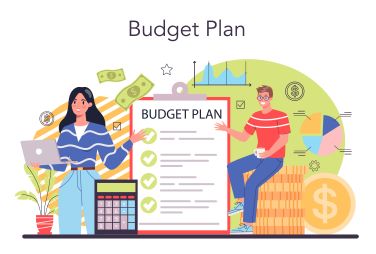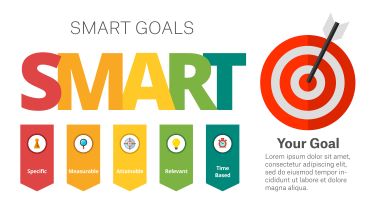Planning for retirement can feel daunting — especially when you know that once you stop…
Take Control: The Ultimate Budget-Planner Guide

Whether you’re saving for your first home, aiming to retire early, chasing an unforgettable holiday or simply curious where every dollar goes—having a clear budget is key.
By tracking your income and expenses, you’ll uncover your full potential to save, invest and meet your financial goals.
Why Use a Budget Planner?
A proper budget planner helps you:
- See exactly where your money is coming from (income streams).
- See exactly where your money is going (fixed costs, variable spending, occasional outlays).
- Find holes and leaks in your spending so you can redirect that money toward what really matters.
- Build an informed savings strategy so you know how much you can put aside each month.
- Feel in charge of your finances rather than merely reacting to them.
Getting Started: How to Use It
- List your income – Include salary, side-hustles, passive income, whatever arrives in your bank.
- List your expenses – Start with fixed bills (rent/mortgage, utilities, insurance, subscriptions) then move to variable costs (groceries, dining out, transport) and irregular expenses (car maintenance, gifts, holidays).
- Subtract expenses from income – This gives you a clear picture of your available surplus (or shortfall).
- Analyse the result
- If you’ve got a surplus → great! Decide what to do with it (save, invest, pay down debt).
- If you’ve got a shortfall or barely break even → time to adjust: cut costs, raise income, or both.
- Set your goal – What are you working toward? A deposit, early retirement, that dream trip? Let your surplus feed into that goal.
- Review regularly – Life changes (job, family, home, habits). Re-visit your budget every few months and adjust.
Pro Tips to Make Your Budget Work
- Be honest and thorough; missing small recurring costs adds up.
- Use separate categories for “wants” vs “needs” to help prioritise.
- Automate savings if you can—out of sight = easier to stick with.
- Build in a buffer or “fun money” category so you don’t feel deprived.
- Keep a rough forecast: upcoming known expenses (car service, holidays) should be built into your plan.
- If finding yourself chasing debt: focus on paying interest-bearing loans first.
- Track it visually (spreadsheet or app). Seeing patterns helps avoid surprises.
Your finances don’t have to be a mystery. With the right budget planner you can chart a clear path toward your goals, one dollar at a time. Whether your target is buying a home, retiring comfortably, or simply being more mindful—this is your blueprint.
For more information and tips on financial planning, book a free consultation with Fiducian Financial Services.
Source: www.fiducian.com.au
Lindale Insurances Pty Ltd ATF Lindale Insurances Trust ABN 27 027 421 832 is a Franchisee of Fiducian Financial Services Pty Ltd, Level 4, 1 York Street, Sydney NSW 2000. AFSL 231103 ABN 46 094 765 134.
The information (including taxation) provided on this website is general in nature and does not consider your individual circumstances or needs. Do not act until you seek professional advice and consider a Product Disclosure Statement.
Disclaimer: The views expressed in this publication are solely those of the author; they are not reflective or indicative of Fiducian. They cannot be reproduced in any form without the express written consent of the author.



